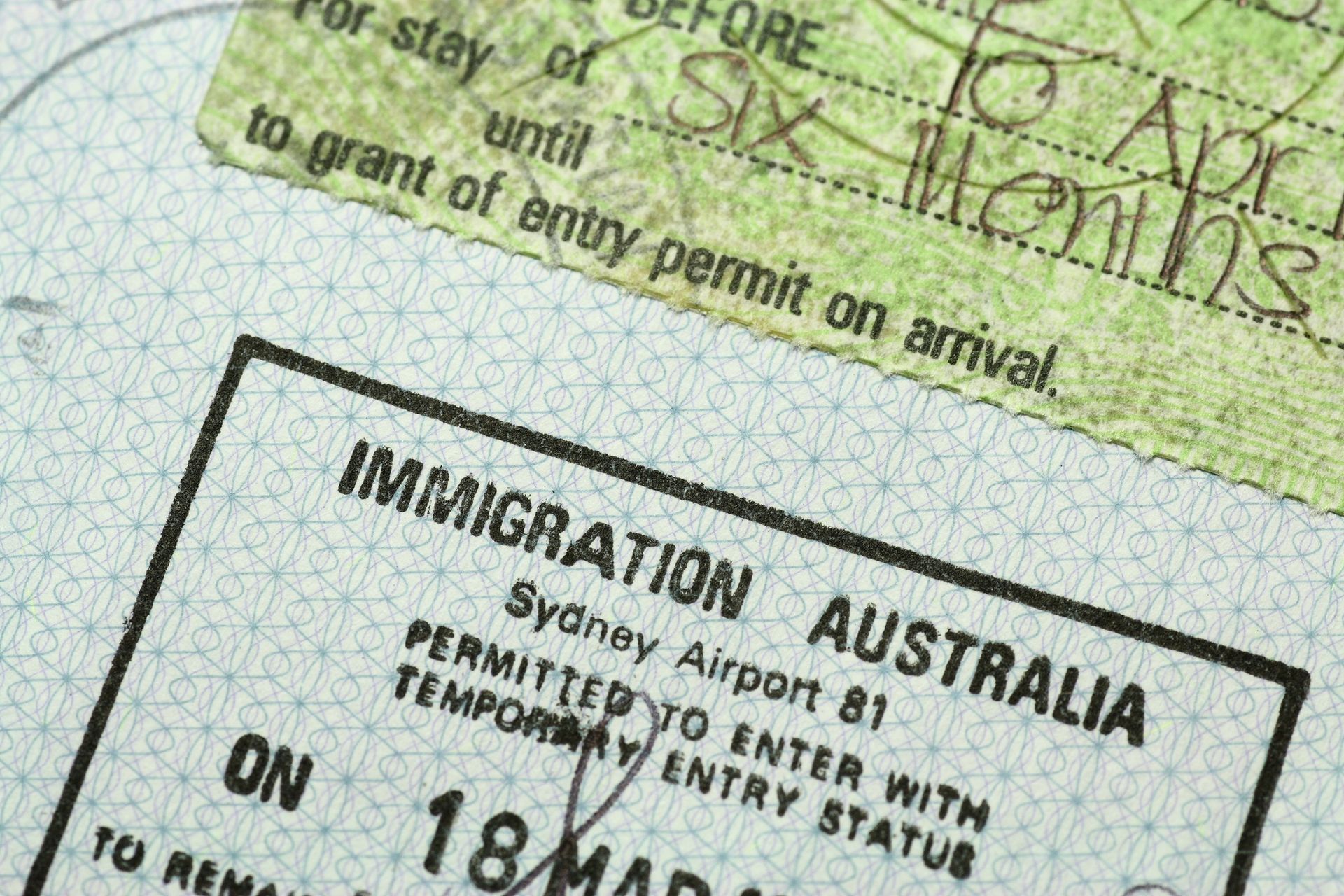What are terms and conditions for a NSW business?
Kells Lawyers • October 9, 2023
Your terms and conditions should be comprehensive and cover important aspects of your business operations, including sales, services, returns, warranties and privacy.
While the document will be tailored to each business and your specific needs, some items we recommend including for your protection are:
- Acceptance of Terms:
- Your terms and conditions should be made readily accessible to your customers or clients, and should be accepted and signed by the customer/client prior to them making a purchase or engaging your services.
- If it is not possible for the customer/client to sign the terms and conditions, there should be some other affirmative action by the customer/client which demonstrates their intention to be bound.
- Orders and Payments:
- This will provide customers/clients with details about how they can place orders or engage your services, and the terms of payment, including the due dates for payment and implications if they do not pay on time.
- If applicable to your business, it should also set out delivery and shipping information, including who bears the risk at the different stages of delivery.
- Warranties and Guarantees:
- This will provide details around the warranties or guarantees offered for your products or services.
- It should also set out the limitations or exclusions, including any warranties that you are expressly not providing in relation to your goods or services, to the extent that this is allowed by law.
- Intellectual Property:
- This can provide protections for your intellectual property, such as trademarks and copyrights.
- It will also detail the use of both parties intellectual property, including your content or materials, and any restrictions on this use.
- Liability and Dispute Resolution:
- To the extent that it is allowed by law, you should disclaim liability for certain types of damages or losses.
- A dispute resolution process should also be outlined so all parties are aware of the process to be followed, including alternative dispute processes such as mediation, which should be conducted before either party brings a dispute to court.
- Termination:
- The circumstances under which you can terminate the agreement with the customer/client, and the implications of doing so should be covered.
- It should also set out obligations that continue after termination, including around privacy and confidential information.
In addition to the items stated in your terms and conditions, it is important to be aware of your rights and obligations under laws, particularly around the warranties and guarantees, and liabilities. These apply whether or not they are included in your terms and conditions, and in many instances, are not something that you can ‘contract out of’ by trying to include something different in your terms and conditions.
At Kells we have a team of contract business lawyers who can assist with drafting your terms and conditions, or reviewing and advising on your existing terms and conditions. We take the time to understand the services or products of your business, providing practical, up-to-date solutions that protect you and your business.
Photo 125737491 © Tero Vesalainen | Dreamstime.com

Kells has been delivering outstanding services and legal expertise to commercial and personal clients in Sydney and the Illawarra region for more than five decades. Our lawyers are savvy and understand your needs.
Subscribe
Want to get the latest articles and news delivered to your inbox?




